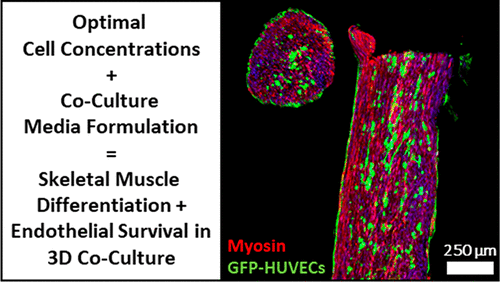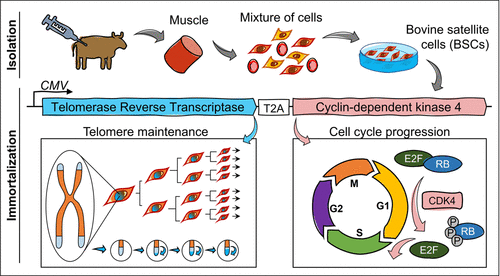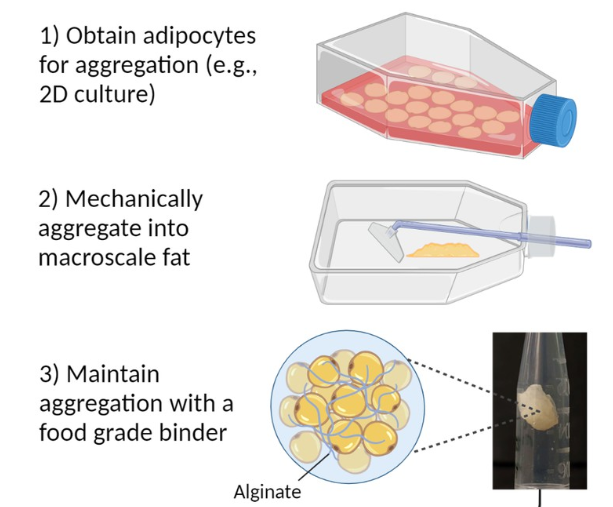- Overview
- Summary
- Funding
- Cite This Publication
Overview
Who: Natalie R. Rubio, Naya E. McCartney, Barry A. Trimmer, and David L. Kaplan
Published: December 30, 2020
Where: Trends in Entomology
Key Takeaway: Insect tissue could be an advantageous alternative to mammalian tissue for biotechnology, medicine, and cultured meat.
Research Topics:
Summary
Natalie R. Rubio et al. consider the technological progress of biofabricated insect tissue, as well as possible uses for the product. They suggest insect tissue as being advantageous to mammalian tissue for its low price point, growth under ambient conditions, and long-term survival without the addition of nutrients. Current insect cell culture protocols and insect tissue physiology for several species of insects are discussed. Rubio et al. argue that with improvement of invertebrate cell culture protocols and design of bioreactors for large-scale insect tissue culture, insect tissue could be a promising commercial source of cultured meat, bioactuation devices, and ingestible vaccines.
Written by Morgan Ziegelski
Cite This Publication
Rubio, N. R., McCartney, N. E., Trimmer, B. A., & Kaplan, D. L. (2020). Biofabrication with insect cells. Trends in Entomology, 16, 1-17.
You Might Also Like...

Optimization of Culture Media and Cell Ratios for 3D In Vitro Skeletal Muscle Tissues with Endothelial Cells
John SK Yuen Jr., Brigid M Barrick, Hailey DiCindio, Jaymie A Pietropinto, and David L Kaplan

Immortalized Bovine Satellite Cells for Cultured Meat Applications
Andrew J. Stout, Miles J. Arnett, Kristin Chai, Tina Guo, Lishu Liao, Addison B. Mirliani, Miriam L. Rittenberg, Michelle Shub, Eugene C. White, John S. K. Yuen Jr., Xiaoli Zhang, and David L. Kaplan

Aggregating in vitro-grown adipocytes to produce macroscale cell-cultured fat tissue with tunable lipid compositions for food applications
John Se Kit Yuen Jr, Michael K Saad, Ning Xiang, Brigid M Barrick, Hailey DiCindio, Chunmei Li, Sabrina W Zhang, Miriam Rittenberg, Emily T Lew, Kevin Lin Zhang, Glenn Leung, Jaymie A Pietropinto, David L Kaplan





